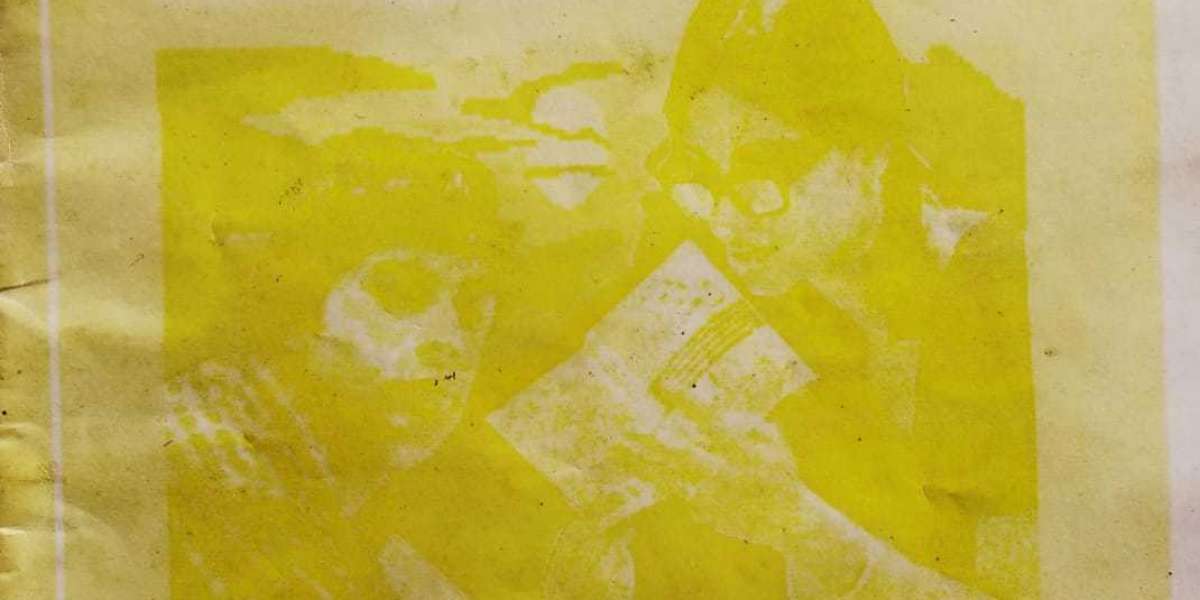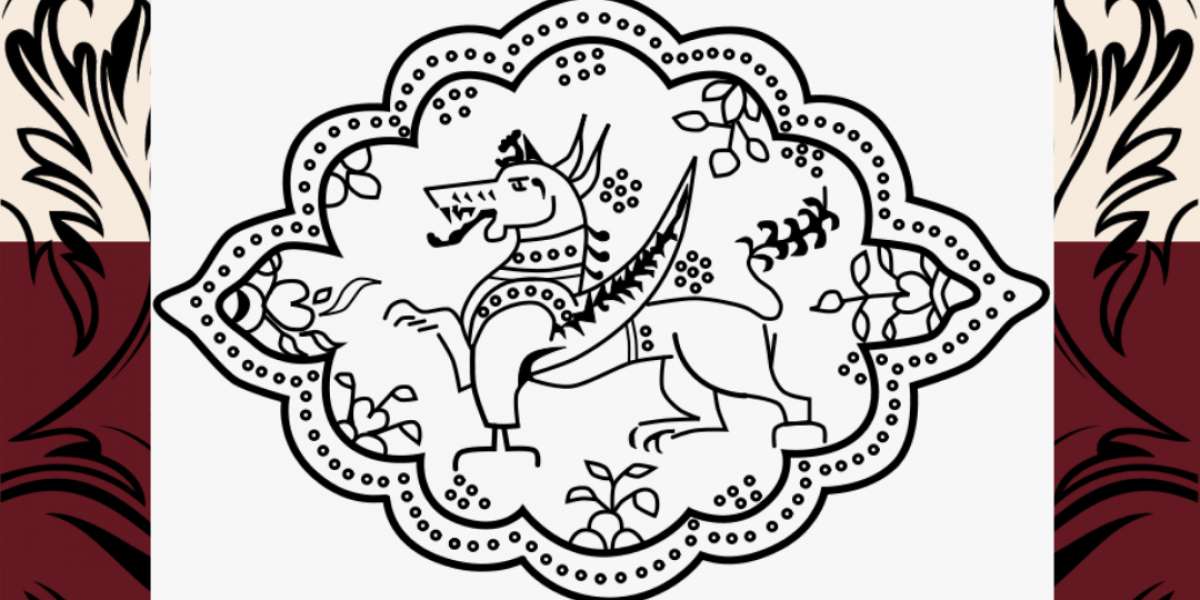Known for its maple syrup production and picturesque landscapes, Canada is an abode to famous universities that attract many Indian students. This is because of the top-tier education facilities you can enjoy once you sign up. Besides education, the universities offer affordable tuition fees with globally-recognised degrees. Along with studies, students can get multiple post-study work opportunities.
With such growing options, Canada stands out as the world's third-largest study destination. Moreover, the Canadian government now provides COVID-travel requirements to welcome Indian students and study safely.
Now, what requirements do you need to follow to study in Canada from India? Read this blog to find the prerequisites.
- Acceptance letter from DLI:
DLI is an acronym for Designated Learning Institute, which refers to the university that accepts your admission offer. Such an acceptance letter is a crucial document that signifies the first step to the university's admission. Moreover, the acceptance depends on your application process, which helps to meet the candidate's expectations. The acceptance letter is also required while applying for a Canadian study permit.
- Proof of Language:
This is another important requirement that every Canadian university looks for. If you're applying for direct entry to any degree and your native language is not English, you must provide proof of language proficiency. For that, you must take the TOEFL Exam (Test of English as a foreign language) or IELTS (International English Language Testing System) Exams.
These are the most common language examinations, which are widely accepted and checked thoroughly to meet language requirements.
Moreover, each university has designated marks that a candidate must score. Once you achieve that required score, you need to show your result as proof while applying.
- Mark sheets from previous institutes:
If you're applying for undergraduate or post-graduate courses, the universities ask for previous mark sheets and other academic certificates to check your academic background. Usually, most universities have 60-65% eligibility criteria for admissions. Here's a list of educational documents for both undergraduate and post-graduate programs:
- For Undergraduate admissions: You must show certificates on An All India Senior Certificate or Indian School Certificate. Along with such credentials, you must show the results of the Year 12 State Board Exams.
- For post-graduate admissions: You must show a bachelor's degree from a well-known university. Along with English language proficiency test scores, you must provide standardized test scores such as GRE, GMAT, etc. Plus, you're required to show your professional experiences through your portfolios and websites. If you have a work certificate, attach it with the documents.
- Show your Statement of Purpose:
This letter helps the university and visa officers to understand your goals. Here you need to explain your purpose behind studying at Canadian universities, and you're well aware of your field and responsibilities as a student.
Your statement shouldn't be more than 1 page. Also, you must keep a clear and concise purpose within your statement. That way, the admission personnel will immediately connect and get you on board.
- Get Certificat d’acceptation du Quebec:
If you're planning to study in Quebec for more than 6 months, you must have Certificat d'acceptation du Quebec (CAQ). The Government du Quebec issues this certificate, and students can easily apply on the website.
- Get Canadian Study Permit:
For Indian students, you must apply for a study permit or visa to study abroad in Canada. This is one of the most crucial and tiresome processes, as it take time to get approval from the Canadian government. So, if you're looking for a smooth process, you must start applying 3 or 4 months prior.
You can apply this online and offline. The online process is considered faster as it takes zero time for delays. While applying, you must show a few documents, which are –
- Acceptance letter from the desired university
- Proof of identity – passport or voter cards
- Proof of educational background along with language proficiency scores
- Proof of Financial support – Scholarship letters, Financial Statements of the last four months or Proof of Education loan, Canadian bank account
- Proof of paid tuition and housing fee
- Proof of medical and vaccination certificates
Once you show these documents, the immigration officer will take your interview. Afterwards, your visa will be approved and mailed within the stipulated time. With that approval, you'll be able to leave for Canada.
More Info- SOP and LOR writing service
Summing up,
Canada is now one of the most selected countries among Indian students because of its diversity and global opportunities that help students explore the best of the world. Moreover, many aspiring candidates will get a chance to study with advanced methods. Thus, these above-mentioned requirements will open the doors for you to pursue your studies in Canada. Good luck!








